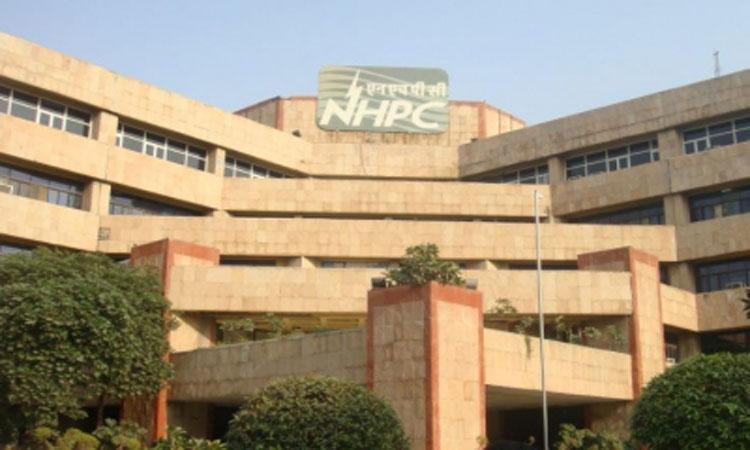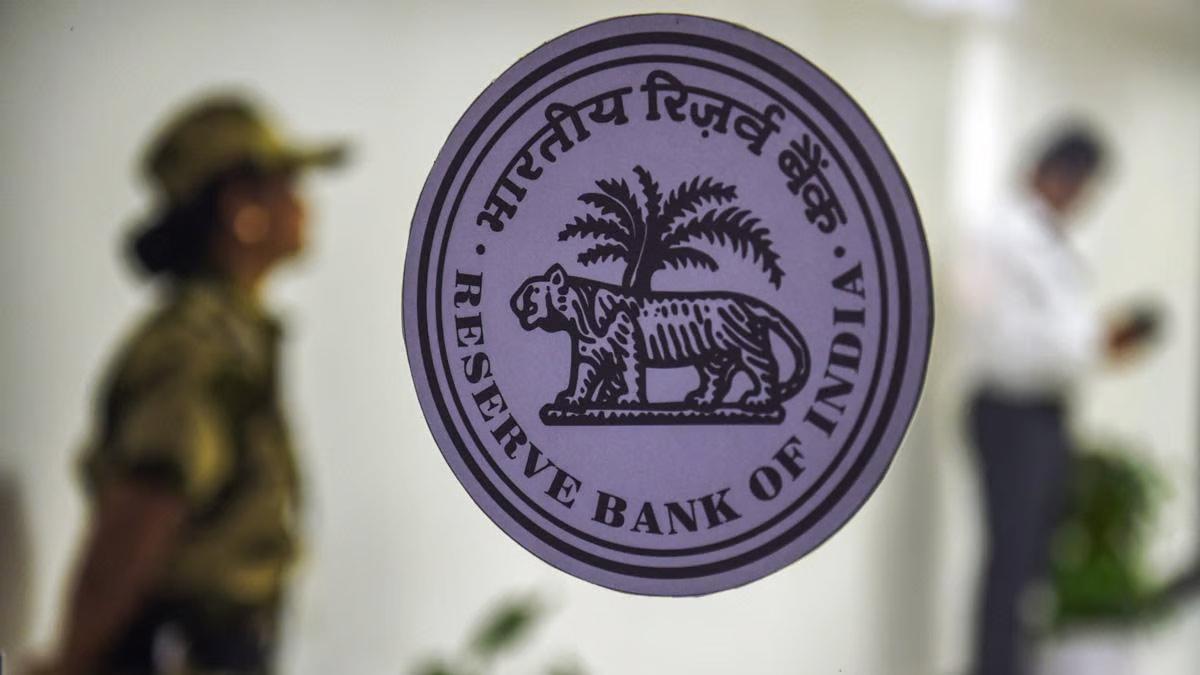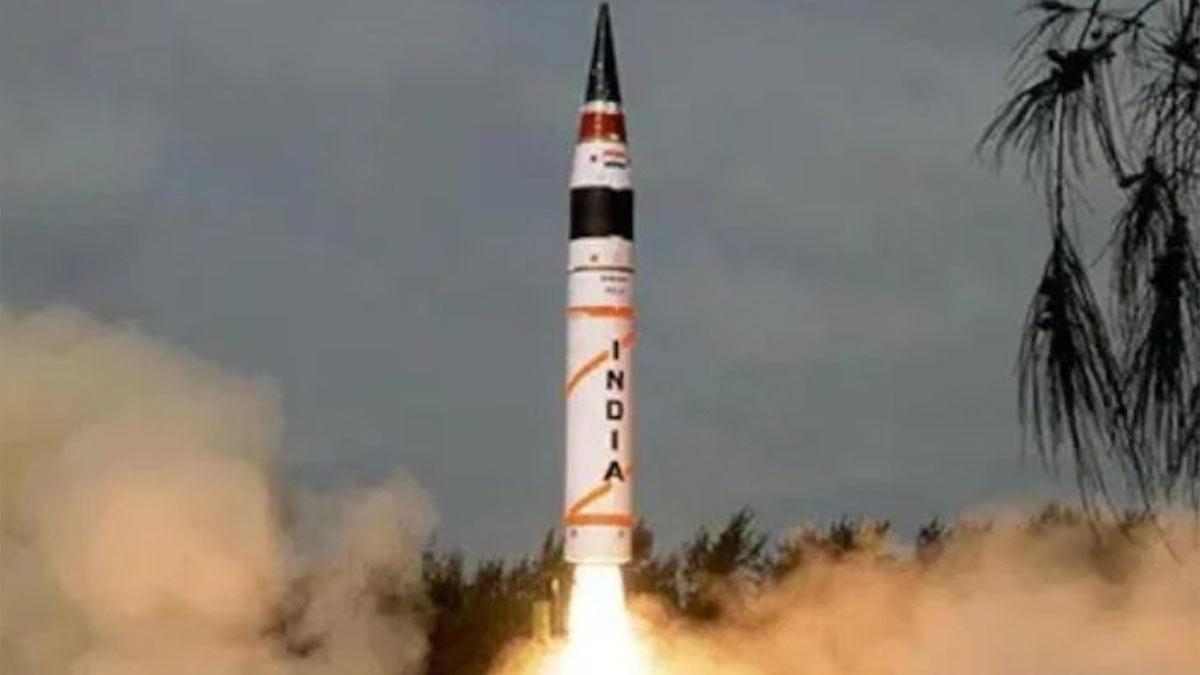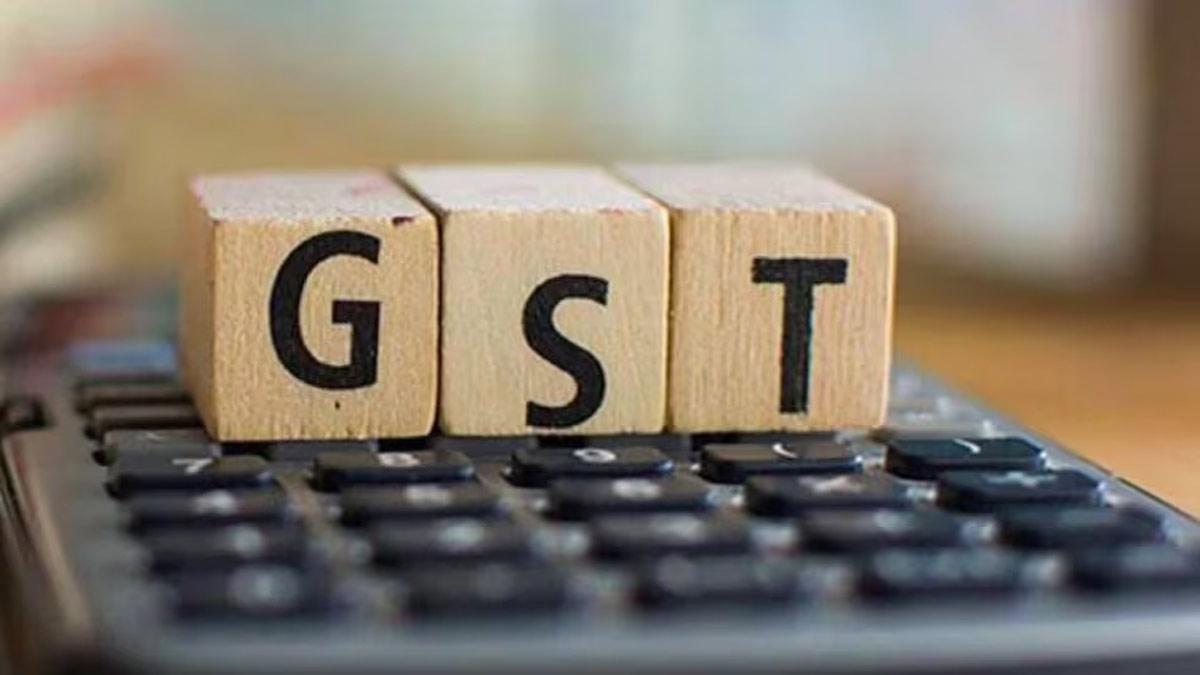Indias state-owned NHPC Limited on Wednesday signed a Memorandum of Understanding (MoU) with PTC India Limited for the sale of power to be generated from the upcoming West Seti and Seti River-6 Projects in Nepal.
According to a statement, the MoU was signed by A.K. Singh, CMD, NHPC, and Rajib K. Mishra, CMD, PTC India Limited.
The estimated cost of the two projects, according to the Investment Board, is $2.4 billion.
Nepal has awarded the much-talked West Seti and Seti River projects to India through a negotiation window, nearly four years after China pulled out.
An MoU was signed between the Investment Board Nepal and NHPC Limited on August 18 to develop the two joint storage projects totaling 1,200MW.
As per the MoU, PTC will purchase the Contracted Capacity from NHPC from the date of commercial operation of the two projects for onward sale to the State Utilities/Discoms/Bulk Consumers on a long-term basis in India and neighbouring countries.
PTC will also endeavour to sell any untied capacity on a medium/short term basis or on power exchanges, according to the statement.
Also Read | Snap laying off around 1,280 employees amid poor growth
As Nepal and India are seeking to increase cooperation in the hydropower sector lately, the Indian state-owned company came up with the proposal to develop the projects.
The development comes after Nepal and India in early April issued a joint vision statement on energy, which talks about expanding mutually beneficial bilateral cooperation in the power sector including joint development of power generation projects in Nepal; development of cross-border transmission infrastructure; bi-directional power trade with appropriate access to electricity markets in both countries based on mutual benefits, market demand and applicable domestic regulations of each country; coordinated operation of national grids; and institutional cooperation in sharing latest operational information, technology and know-how.
India's state-owned companies have been more active and willing to develop hydropower projects in Nepal lately.


















